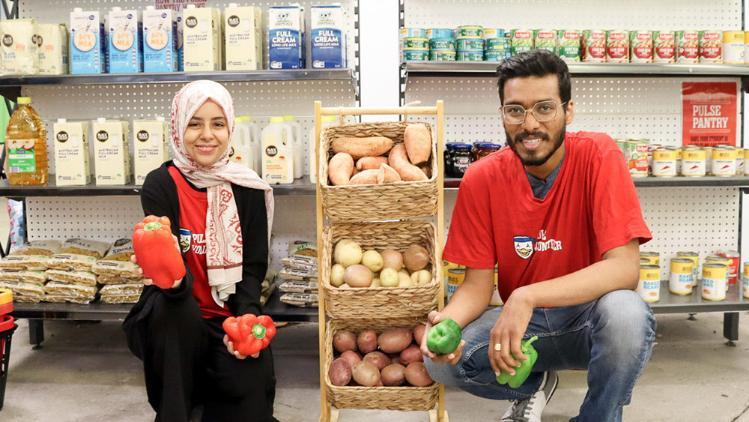Case studies
UOW’s Pulse Pantry, an initiative established during the pandemic in 2021 to support students facing financial hardship, welcomed exciting new partnerships and extended its service in 2023.
Using a points system, students are allocated 10 points each per week enabling them to claim items from Village Grocer, Aspire Kitchen and the UOW Community Garden on the Wollongong campus.
In 2023, 6,928 students accessed the service – a 46% increase from 2022, and operation was increased to twice per week during semester and once during the university breaks.
Additionally, Pulse Pantry welcomed OzHarvest as a new partner delivering fresh fruit and vegetables weekly, and reached an agreement with Aspire Events and Catering to offer corporate clients the opportunity to sponsor meals for students. A trial was also initiated to distribute unused catering orders to students via Pulse Pantry to reduce food wastage and food insecurity.
The service has been particularly supportive for international students under financial pressure due to their work visa restrictions, with 2023 figures showing 85% of users were international students.

- SDG 2 – Zero Hunger
- SDG 10 – Reduced Inequalities















